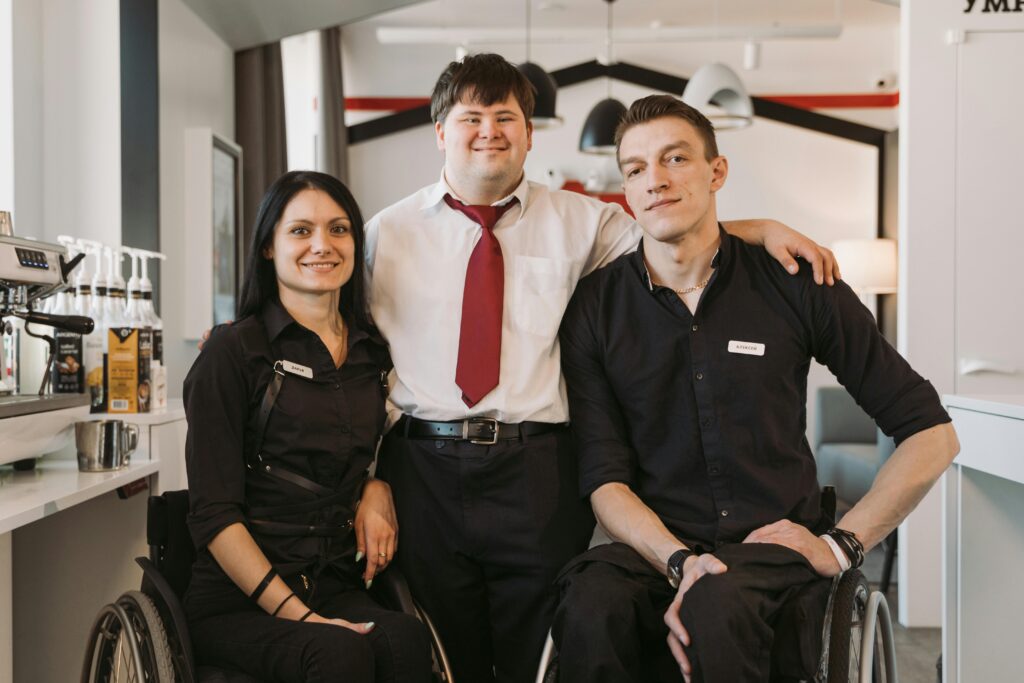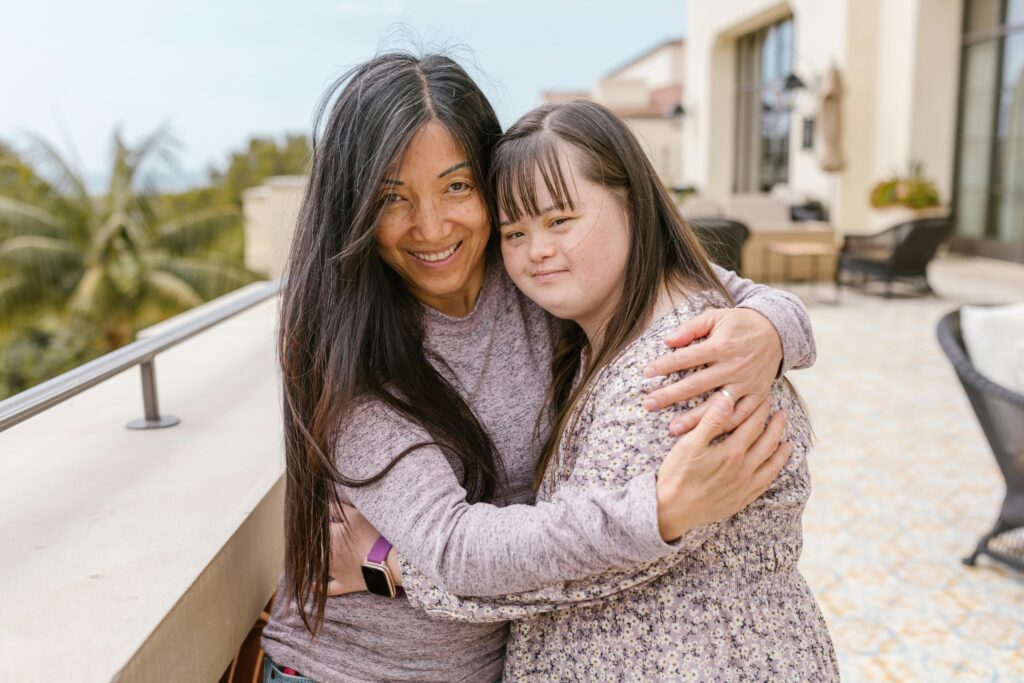Inclusion Beyond the Classroom: Supporting Adults with Down Syndrome
As a teacher, I’ve had the honor of working with students with Down syndrome and other disabilities throughout their formative years, but as I think about World Down Syndrome Awareness Month, my thoughts turn to what happens after school. The journey doesn’t end when students turn 18 and leave the classroom—far from it. The need for inclusion and connection extends well into adulthood. For many individuals with Down syndrome, the transition into adulthood can be challenging, and opportunities for friendship and belonging can feel limited. This is why creating inclusive spaces for adults is so important.
With over 450,000 individuals living with Down syndrome in the U.S., the reality is that many of these individuals are adults. Their lives are filled with the same desires and needs as anyone else: the need for meaningful relationships, a sense of belonging, and a supportive community. And yet, finding spaces where they can safely and comfortably connect with others can be difficult. The world isn’t always set up to support adults with disabilities in building friendships and participating fully in society.

The Need for Inclusive Spaces for Adults
For individuals with Down syndrome, social isolation can be a significant challenge as they enter adulthood. While school provides a structured environment for inclusion and socialization, adulthood often lacks the same support. Without intentional efforts, it’s easy for individuals with Down syndrome and other disabilities to feel excluded from social opportunities. Yet, we know that inclusion doesn’t just benefit children—it benefits people of all ages.
This is why it’s essential to continue the work of fostering inclusive communities, not just in schools but in every facet of life. Adults with Down syndrome deserve spaces where they can connect, make friends, and feel valued. Just like anyone else, they seek meaningful relationships, shared experiences, and a sense of belonging.
Spinnr: An Inclusive Space for Adults to Connect
One of the ways we can promote inclusion for adults with Down syndrome is by ensuring that digital spaces are just as inclusive as physical ones. Spinnr, a platform designed for adults 18 and older, offers a unique opportunity to do just that. Spinnr isn’t just a social media app—it’s a safe, welcoming space where adults of all abilities can build genuine friendships and connect with others, free from judgment.
For adults with Down syndrome, having access to a platform like Spinnr can be life-changing. It provides a space where they can engage with others who share their interests, form meaningful connections, and be part of a community that values inclusion. Online platforms like this can help bridge the gap that many adults with disabilities experience, offering them a safe place to belong and grow socially.

Building a Future of Inclusion
Inclusion doesn’t end at 18—it’s a lifelong commitment. As we observe World Down Syndrome Awareness Month, it’s crucial to recognize the importance of creating inclusive spaces for adults with Down syndrome. With 1 in 700 live births resulting in a Down syndrome diagnosis and many individuals living well into adulthood, there is a growing need for communities that embrace diversity and provide opportunities for connection.
Spinnr is leading the way in creating a digital space where inclusion is the foundation. For many adults with Down syndrome, platforms like Spinnr represent a new way to engage with the world, form friendships, and build a community that understands and celebrates them for who they are.
As we honor this month, let’s continue to push for greater inclusion, not just for children in schools, but for adults in every part of life—both online and off. Everyone deserves a place where they feel valued, connected, and included. And for adults with Down syndrome, Spinnr is one of those places—a safe haven where friendships can flourish, and everyone is welcome.
